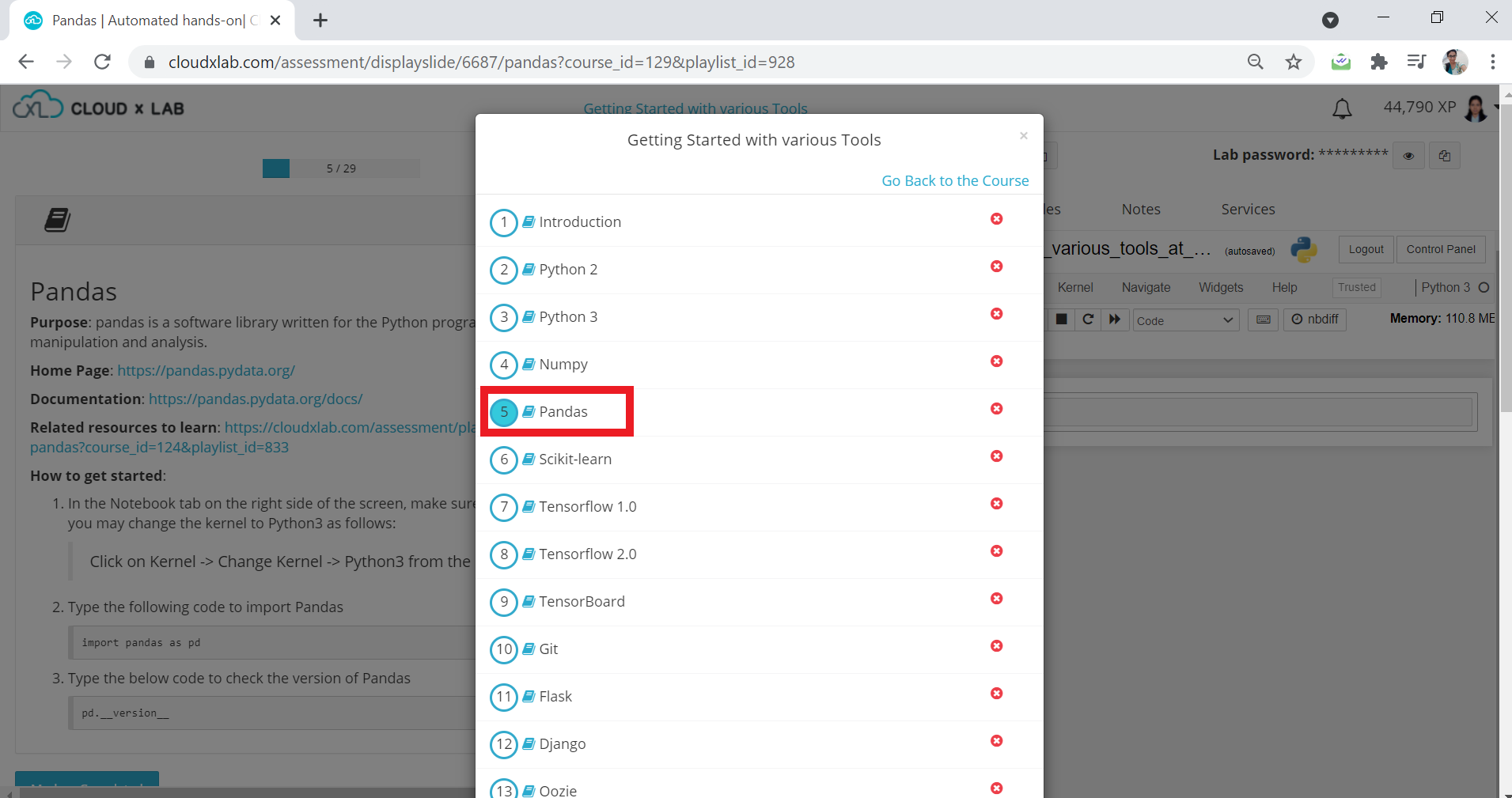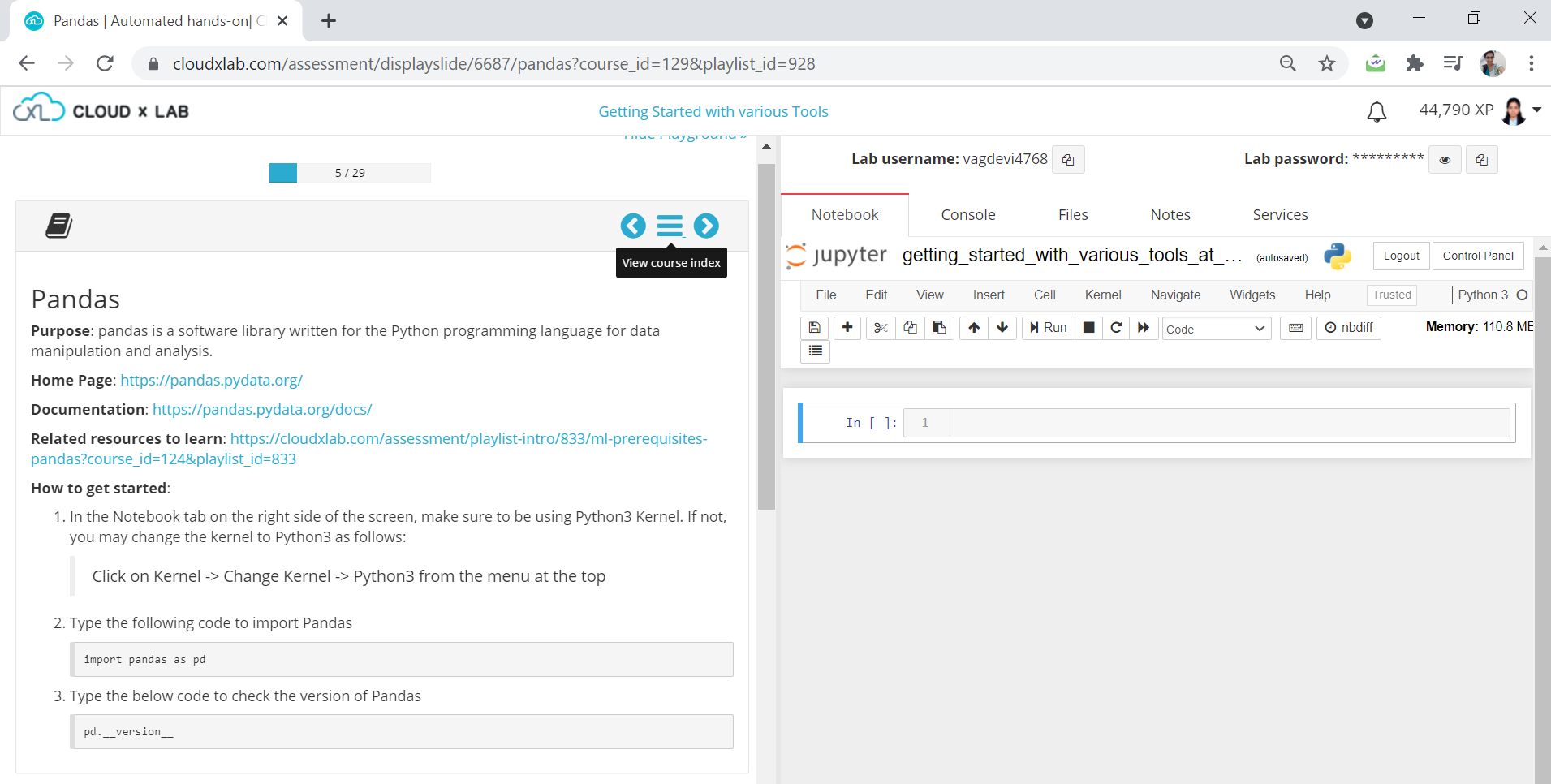The objective of this problem is to classify skin cancer detections, around 1.98% of people in the world are affected due to skin cancer and this would help the community diagnose it in early stages where there is limited clinical expertise.
Complete code for this project can be found here: https://github.com/sudeepgarg86/DatascienceProjects
This is a HAM10000 dataset containing 10012 images, classifying 7 types of cancer, and each instance has been resized to 64*64 RGB image for this problem, associated with label.
Continue reading “Skin Cancer prediction by image processing through CNN”



